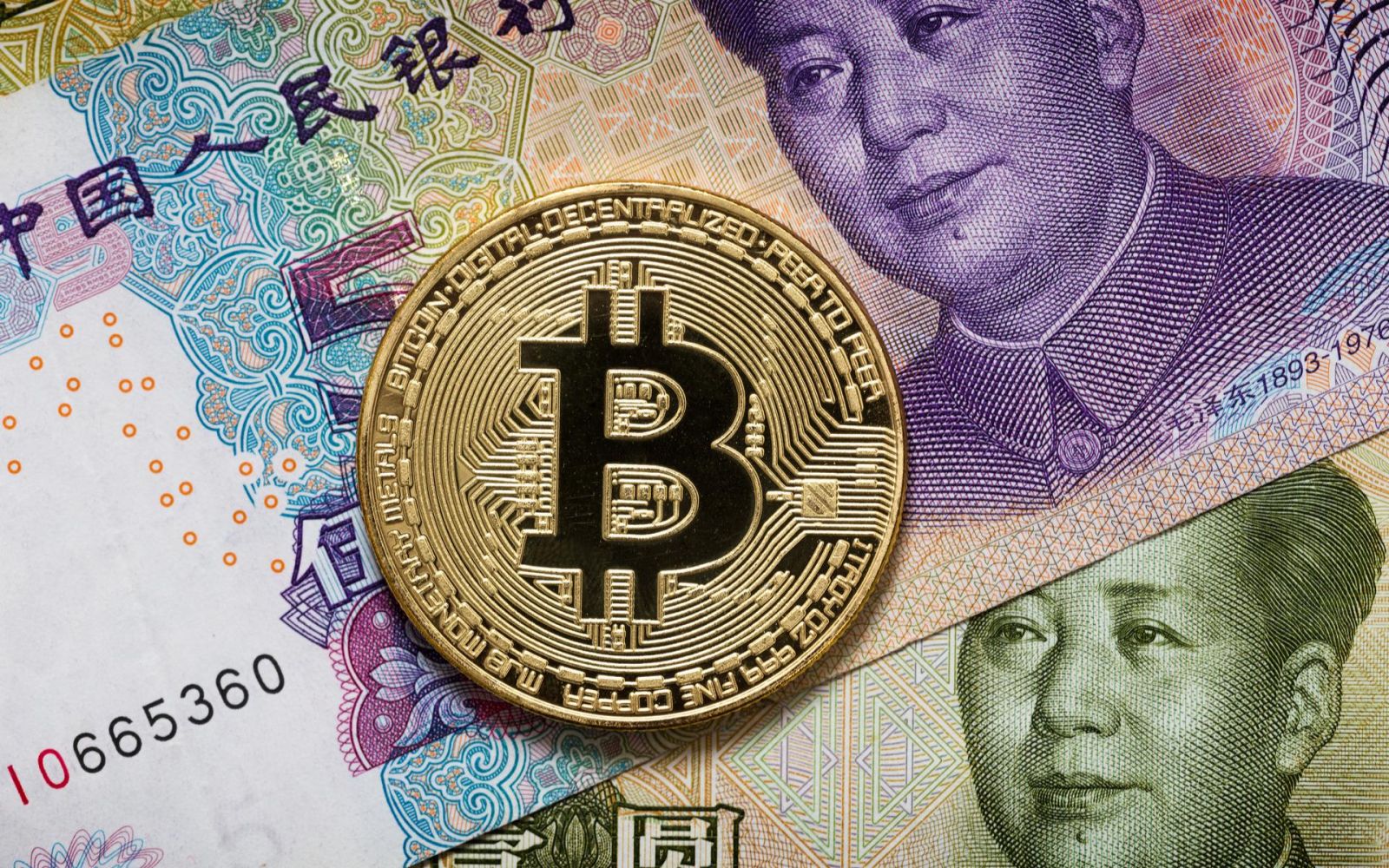
Thank you for your interest. The event has ended. Please come back for more events in the future
The world economy is currently undergoing far-reaching digital transformation and a crucial element of this is the research, development, and government-sanctioned use of blockchain technology. With the launch of BSN (Blockchain-based Services Network), a major official initiative lead by President Xi, China is the first country adopting blockchain into its national strategy. Simultaneously, the announcement of China’s digital RMB currency, the first state-run decentralized digital currency, has the potential to create a firestorm in the global FinTech industry.
With so many changes happening in the global business and political landscape, it is difficult to determine the impact and future of this initiative at such an early stage. Nevertheless, we cannot deny the significance this may have on the global economy or oversee its action.
Join us, with CKGSB Americas finance professor and blockchain practitioner, Prof. Henry Cao, who has been an instrumental part of the development of this initiative, for an in-depth discussion about the ultimate goal of this new technological infrastructure.

Phone: +86 10 8518 8858 ext. 3345
E-mail: hncao@ckgsb.edu.cn
Professor of Finance and Chair of Finance Department, Cheung Kong Graduate School of Business (CKGSB)
PhDs, UCLA and Yale
Areas of Expertise: Asset Pricing, Behavioral Finance, Cryptocurrencies, Hedge Funds and Alternative Investments, Microstructure, Options Pricing, International Finance
Biography
Dr. Cao Huining (Henry) is a Professor of Finance and Chair of the Finance Department at CKGSB. He earned a PhD in Finance in 1995 from UCLA and a PhD in Pathology in 1991 from Yale University.
Before joining CKGSB, he taught at UC Berkeley, UCSD, Ohio State University, Carnegie Mellon and UNC Chapel Hill.
Cao’s research has been published in journals including Journal of Finance, Review of Financial Studies, Journal of Financial Economics, Journal of Economic Theory, Journal of Business, Review of Finance and Marketing Science. Cao is the co-editor of International Financial Review and sits on the editorial board of Annals of Economics and Finance and China Financial Review.